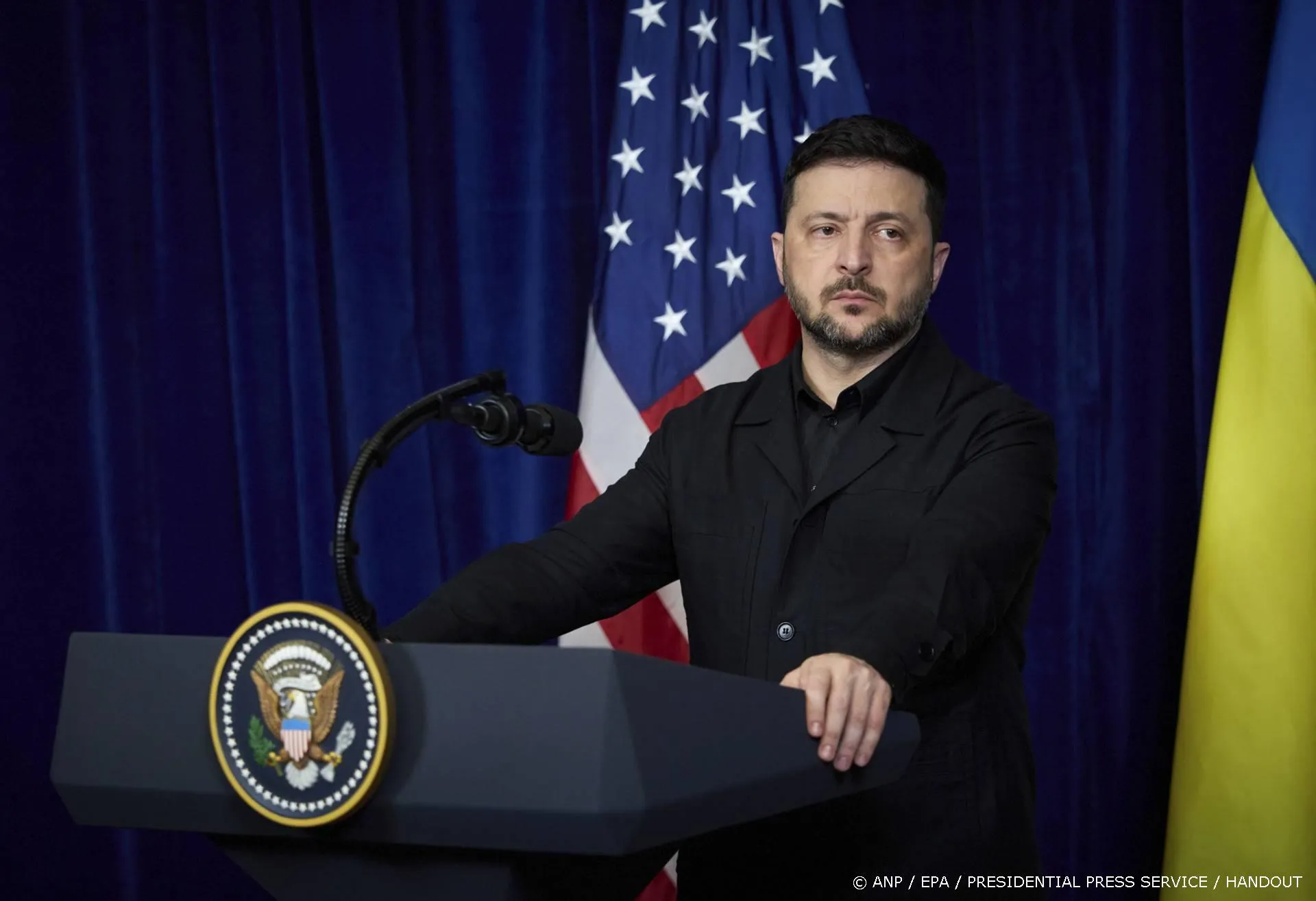Een beschaafde klimaatdiscussie in de Wall Street Journal
De diefstal van interne documenten van het Heartland Instituut door Peter Gleick, waaraan ik eerder uitvoerig aandacht schonk, illustreert het fanatisme waarmee sommige aanhangers van de menselijke broeikashypothese de klimaatsceptici menen te moeten bestrijden. Alhoewel Gleicks daden door vele AGWers (AGW = Anthropogenic Global Warming) werden afgekeurd, waren er ook weer vergoelijkende geluiden. Onze 'eigen' Volkskrant-wetenschapsredacteur, Martijn van Calmthout, schreef een neutraal stukje in de krant, dat feitelijk wel juist was. Maar op zijn blog schoot hij weer in zijn oude reflex. Na te hebben opgemerkt dat het document dat compromitterende informatie over Heartland bevatte, een vervalsing was, schreef hij dat dat niet gold voor de andere documenten.
Martijn van Calmthout:
Die stukken van Heartland zijn dus echt en onthullend. Zelfs als je ervan overtuigd bent dat klimaatsceptici het volste recht hebben om de opwarmingshysterie te lijf te gaan, kun je niet volhouden dat dat het beste via desinformatie en een schimmige denktank in Chicago moet.
Lees verder hier.
Deze passage is de zoveelste illustratie van de vooringenomenheid van het hoofd van de wetenschapsredactie van de Volkskrant. Die stukken van Heartland waren in het geheel niet onthullend, behalve dan wat betreft de minuscule omvang van de middelen waarover Heartland beschikt om anti-AGW-activiteiten te financieren, als men dat vergelijkt met de bakken met geld (het meeste van de belastingbetaler), waarmee de pro-AGW-propaganda wordt gefinancierd.
En 'desinformatie'? Toe nou! De belangrijkste publicatie is het rapport van het NIPCC (Non-Governmental International Panel on Climate Change), de tegenhanger van het VN-klimaatpanel (IPCC). Dat is gewoon een goed wetenschappelijk rapport, dat net als de rapporten van het IPCC, gebaseerd is op 'peer-reviewed' literatuur. Bovendien heeft Heartland geen inhoudelijke bemoeienis gehad met het rapport. Het was al klaar voordat Heartland zich met klimaat ging bemoeien.
En 'schimmige denktank'? Toe nou! Heartland is gewoon een gerespecteerde denktank, zoals er zo veel zijn in de VS en elders in de wereld. Dat Martijn van Calmthout, als Volkskrant-journalist, allergisch is voor alles wat naar pro-markt zweemt, betekent nog niet dat de instituten die een dergelijke filosofie aanhangen 'schimmig' zouden zijn. Persoonlijk ben ik nogal allergisch voor overheidsingrijpen, maar ik zou het niet in mijn hoofd halen om de PvdA-denktank, de Wiardi Beckman Stichting, als schimmig te kwalificeren.
Maar naast de Gleick-affaire vinden er ook andere meer serieuze en vruchtbaarder uitwisselingen plaats tussen protagonisten en antagonisten van de menselijke broeikashypothese. Eerder schonk ik aandacht aan een ingezonden brief van en groep prominente klimaatsceptici in de Wall Street Journal. Daar werd op gereageerd door pro-AGWers.
Nu is er daarop weer een reactie van de klimaatsceptici gekomen, onder de titel: 'Concerned Scientists Reply on Global Warming'. Ik pik er een aantal citaten uit:
Editor's Note: The authors of the following letter, listed below, are also the signatories of "No Need to Panic About Global Warming," an op-ed that appeared in the Journal on January 27. This letter responds to criticisms of the op-ed made by Kevin Trenberth and 37 others, in a letter published Feb. 1, and by Robert Byer of the American Physical Society in a letter published Feb. 6.
The interest generated by our Wall Street Journal op-ed of Jan. 27, "No Need to Panic about Global Warming," is gratifying but so extensive that we will limit our response to the letter to the editor the Journal published on Feb. 1, 2012 by Kevin Trenberth and 37 other signatories, and to the Feb. 6 letter by Robert Byer, President of the American Physical Society. (We, of course, thank the writers of supportive letters.) ...
[ ] an important gauge of scientific expertise is the ability to make successful predictions. When predictions fail, we say the theory is "falsified" and we should look for the reasons for the failure. Shown in the nearby graph [zie boven] is the measured annual temperature of the earth since 1989, just before the first report of the Intergovernmental Panel on Climate Change (IPCC). Also shown are the projections of the likely increase of temperature, as published in the Summaries of each of the four IPCC reports, the first in the year 1990 and the last in the year 2007. These projections were based on IPCC computer models of how increased atmospheric CO2 should warm the earth. Some of the models predict higher or lower rates of warming, but the projections shown in the graph and their extensions into the distant future are the basis of most studies of environmental effects and mitigation policy options.
Year-to-year fluctuations and discrepancies are unimportant; longer-term trends are significant. From the graph it appears that the projections exaggerate, substantially, the response of the earth's temperature to CO2 which increased by about 11% from 1989 through 2011. Furthermore, when one examines the historical temperature record throughout the 20th century and into the 21st, the data strongly suggest a much lower CO2 effect than almost all models calculate.
The Trenberth letter tells us that "computer models have recently shown that during periods when there is a smaller increase of surface temperatures, warming is occurring elsewhere in the climate system, typically in the deep ocean." The ARGO system of diving buoys is providing increasingly reliable data on the temperature of the upper layers of the ocean, where much of any heat from global warming must reside. But much like the surface temperature shown in the graph, the heat content of the upper layers of the world's oceans is not increasing nearly as fast as IPCC models predict, perhaps not increasing at all. Why should we now believe exaggerating IPCC models that tell us of "missing heat" hiding in the one place where it cannot yet be reliably measuredthe deep ocean?
Given this dubious track record of prediction, it is entirely reasonable to ask for a second opinion. We have offered ours. With apologies for any immodesty, we all have enjoyed distinguished careers in climate science or in key science and engineering disciplines (such as physics, aeronautics, geology, biology, forecasting) on which climate science is based.
Trenberth et al. tell us that the managements of major national academies of science have said that "the science is clear, the world is heating up and humans are primarily responsible." Apparently every generation of humanity needs to relearn that Mother Nature tells us what the science is, not authoritarian academy bureaucrats or computer models. ...
The Trenberth letter states: "Research shows that more than 97% of scientists actively publishing in the field agree that climate change is real and human caused." However, the claim of 97% support is deceptive. The surveys contained trivial polling questions that even we would agree with. Thus, these surveys find that large majorities agree that temperatures have increased since 1800 and that human activities have some impact. But what is being disputed is the size and nature of the human contribution to global warming.
To claim, as the Trenberth letter apparently does, that disputing this constitutes "extreme views that are out of step with nearly every other climate expert" is peculiar indeed. One might infer from the Trenberth letter that scientific facts are determined by majority vote. Some postmodern philosophers have made such claims. But scientific facts come from observations, experiments and careful analysis, not from the near-unanimous vote of some group of people.
The continued efforts of the climate establishment to eliminate "extreme views" can acquire a seriously threatening nature when efforts are directed at silencing scientific opposition. In our op-ed we mentioned the campaign circa 2003 to have Dr. Chris de Freitas removed not only from his position as editor of the journal Climate Research, but from his university job as well. Much of that campaign is documented in Climategate emails, where one of the signatories of the Trenberth et al. letter writes: "I believe that a boycott against publishing, reviewing for, or even citing articles from Climate Research [then edited by Dr. de Freitas] is certainly warranted, but perhaps the minimum action that should be taken."
Or consider the resignation last year of Wolfgang Wagner, editor-in-chief of the journal Remote Sensing. In a fulsome resignation editorial eerily reminiscent of past recantations by political and religious heretics, Mr. Wagner confessed to his "sin" of publishing a properly peer-reviewed paper by University of Alabama scientists Roy Spencer and William Braswell containing the finding that IPCC models exaggerate the warming caused by increasing CO2.
En zo gaan de auteurs nog een tijdje door.
Conclusie:
In summary, science progresses by testing predictions against real world data obtained from direct observations and rigorous experiments. The stakes in the global-warming debate are much too high to ignore this observational evidence and declare the science settled. Though there are many more scientists who are extremely well qualified and have reached the same conclusions we have, we stress again that science is not a democratic exercise and our conclusions must be based on observational evidence. The computer-model predictions of alarming global warming have seriously exaggerated the warming by CO2 and have underestimated other causes. Since CO2 is not a pollutant but a substantial benefit to agriculture, and since its warming potential has been greatly exaggerated, it is time for the world to rethink its frenzied pursuit of decarbonization at any cost.
Lees verder hier.
Geen onvertogen woord! Geen karaktermoorden! Geen verdachtmakingen! Geen ad hominems! Geen denigrerende opmerkingen! Gewoon feiten! Zo kunnen discussies ook worden gevoerd. Sterker nog: zo behoren ze te worden gevoerd.
Ga verder met lezen
Dit vind je misschien ook leuk
Laat mensen jouw mening weten
Lees ook
Loading


